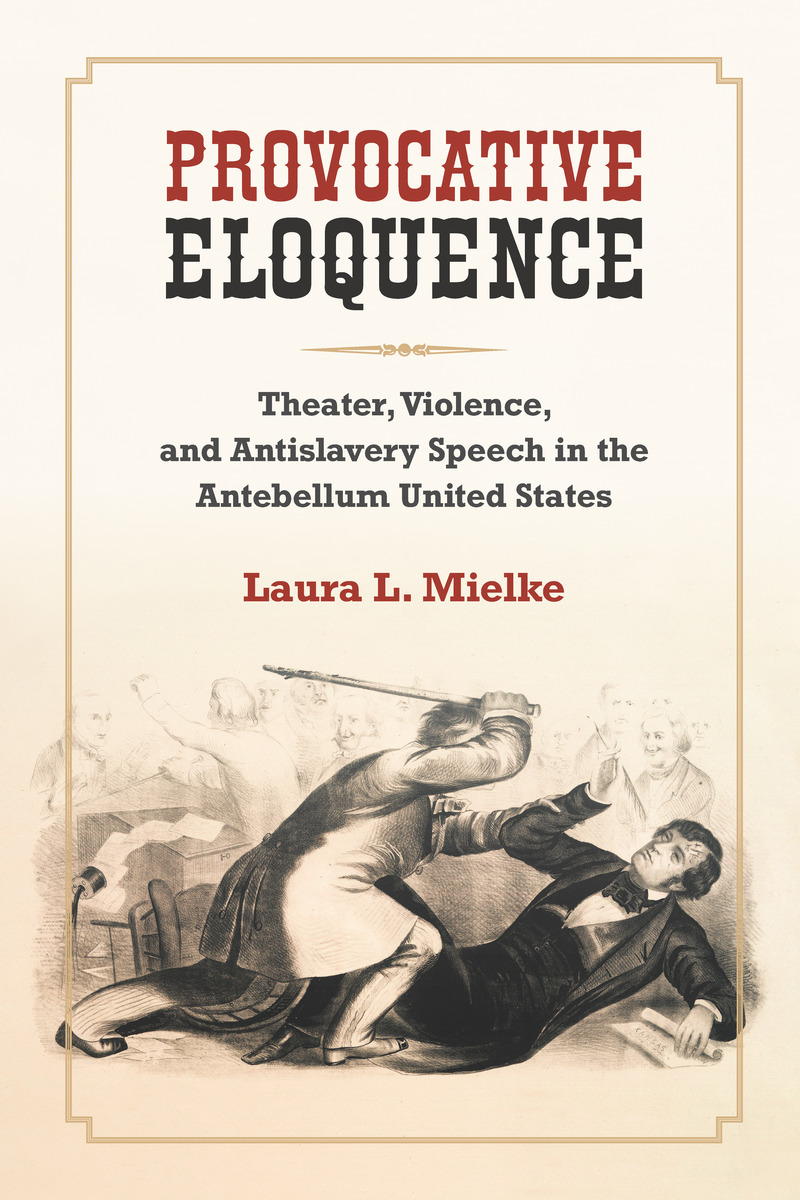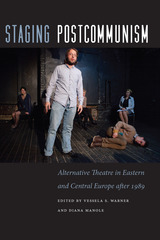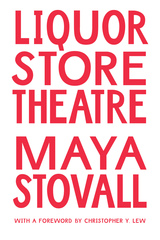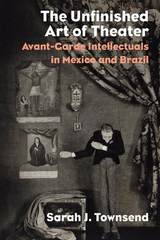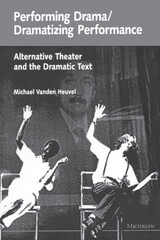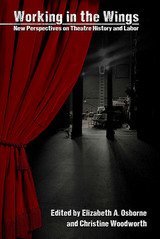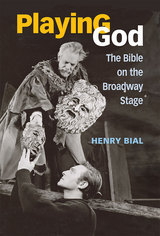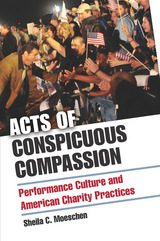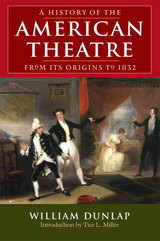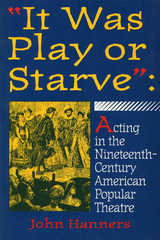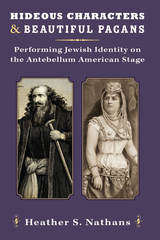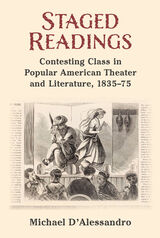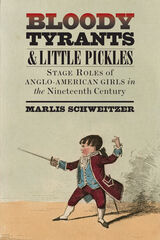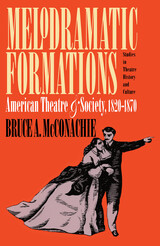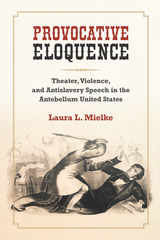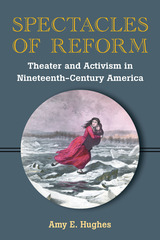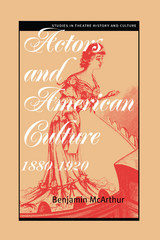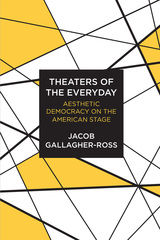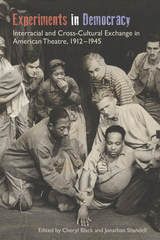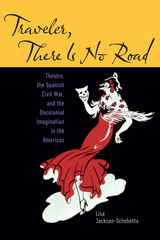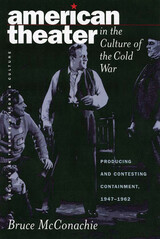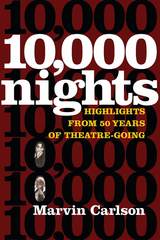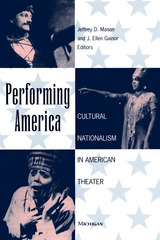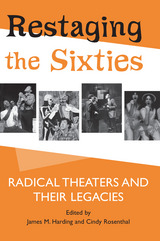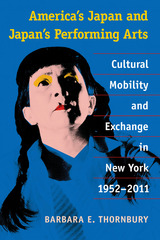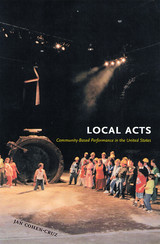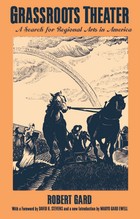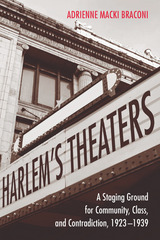Provocative Eloquence: Theater, Violence, and Antislavery Speech in the Antebellum United States
University of Michigan Press, 2019
Cloth: 978-0-472-13105-1 | eISBN: 978-0-472-12437-4
Library of Congress Classification PN2248.M54 2019
Dewey Decimal Classification 792.097309034
Cloth: 978-0-472-13105-1 | eISBN: 978-0-472-12437-4
Library of Congress Classification PN2248.M54 2019
Dewey Decimal Classification 792.097309034
ABOUT THIS BOOK | AUTHOR BIOGRAPHY | REVIEWS | TOC | REQUEST ACCESSIBLE FILE
ABOUT THIS BOOK
In the mid-19th century, rhetoric surrounding slavery was permeated by violence. Slavery’s defenders often used brute force to suppress opponents, and even those abolitionists dedicated to pacifism drew upon visions of widespread destruction. Provocative Eloquence recounts how the theater, long an arena for heightened eloquence and physical contest, proved terribly relevant in the lead up to the Civil War. As antislavery speech and open conflict intertwined, the nation became a stage. The book brings together notions of intertextuality and interperformativity to understand how the confluence of oratorical and theatrical practices in the antebellum period reflected the conflict over slavery and deeply influenced the language that barely contained that conflict. The book draws on a wide range of work in performance studies, theater history, black performance theory, oratorical studies, and literature and law to provide a new narrative of the interaction of oratorical, theatrical, and literary histories of the nineteenth-century U.S.
See other books on: Antebellum United States | Antislavery movements | Mielke, Laura L. | Theater and society | Violence in literature
See other titles from University of Michigan Press
